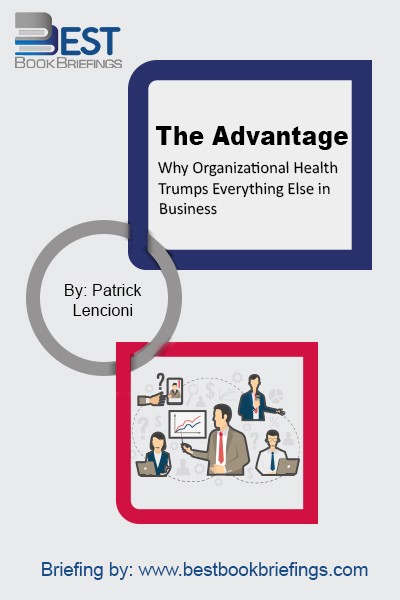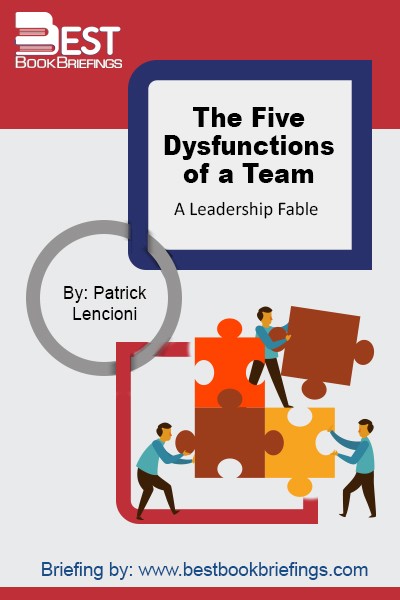The Advantage
Why Organizational Health Trumps Everything Else in Business
Editorial Review
There is a competitive advantage out there, arguably more powerful than any other. Is it superior strategy? Faster innovation? Smarter employees? No, New York Times best-selling author, Patrick Lencioni, argues that the seminal difference between successful companies and mediocre ones has little to do with what they know and how smart they are and more to do with how healthy they are. In this book, Lencioni brings together his vast experience and many of the themes cultivated in his other best-selling books and delivers a first: a cohesive and comprehensive exploration of the unique advantage organizational health provides. Simply put, an organization is healthy when it is whole, consistent and complete, when its management, operations and culture are unified. Healthy organizations outperform their counterparts, are free of politics and confusion and provide an environment where star performers never want to leave.
Book Reviews
Books on Related Topics
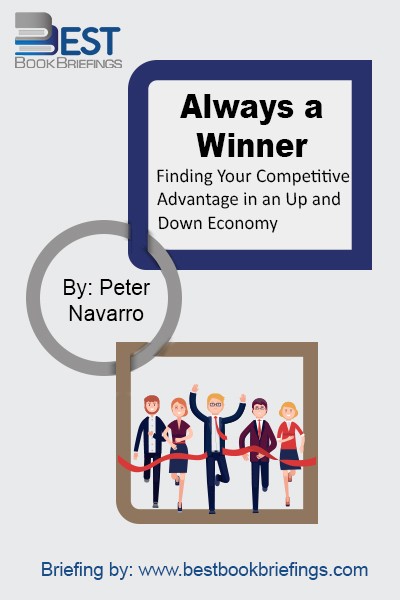
In this book, you will learn to Forecast movements and key recessionary turning points in the business cycle; implement a set of powerful battle-tested strategies over the course of the business cycle; rebuild your organization with a strategic business cycle orientation and thereby make it much more recession-resistant and resilient over
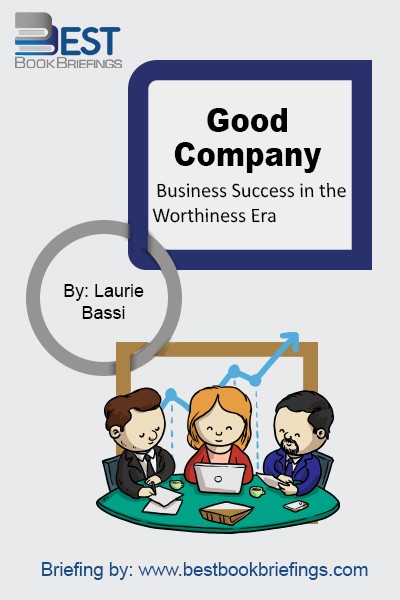
We’re losing patience with bad companies. We’re fed up with tainted food, tightfisted employers, and “corporate social responsibility” that is more marketing spin than true caring for our communities. Society hasn’t given up on capitalist corporations. We rely on companies for the basic necessities of food, clothing, and shelter, as well
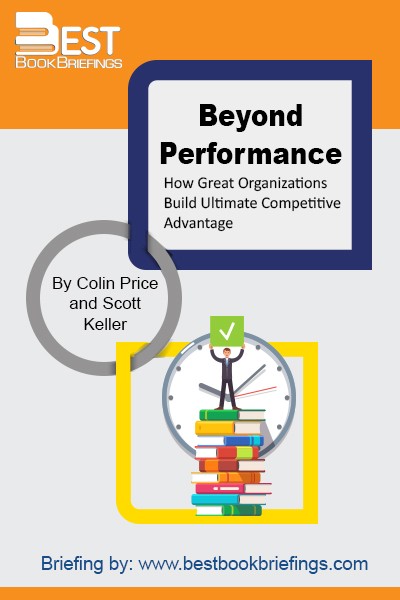
Transformations that ignore health and focus only on performance are 1.5 times more likely to fail in the long run. The good news here is that research and experience both tell us that performance and health are not in conflict, but are complementary. To see why, consider a sports team that

